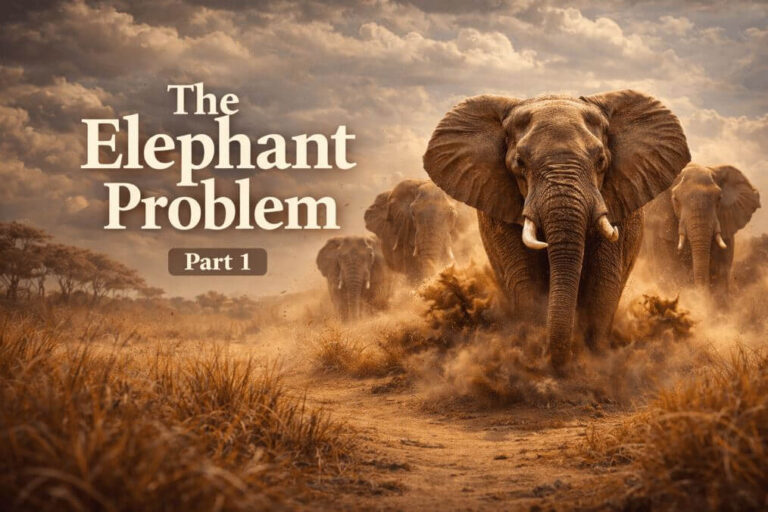For most of my adult life, I’ve had the joy and the privilege of traveling internationally, both recreationally and professionally. Whenever people ask me what hobbies I have outside of work, I mention that traveling is near the top of the list.
In addition to seeing the sights of the places I visit, one of the things I enjoy most about traveling is getting to know the people who live and make a living in the places I visit. Seeing natural wonders or visiting historical sites can be breathtaking and inspiring. Getting to know the people and understand their culture is enriching.
A recent conversation with a friend who shares my passion for travel brought to light an interesting difference. He mentioned that some people are “tourists” and some are “travelers.” He went on to state that tourists are generally those who arrive at a destination primarily to experience the sights and landmarks (both natural and built), buy a few mementos or novelties, and then move on to the next location to experience similar things. Travelers, on the other hand, are people who visit places to experience the people, cultural norms, and habits that each location offers. They’re not just interested in the sights of the places they visit but also in the perspectives of the people who live there.
Being a traveler versus a tourist is neither good or bad, or better or worse. They’re just different. One is more transactional while the other is more personal.
You don’t need to look very closely to realize there’s a similar parallel in business. There are those owners who are in business primarily for the transactions, whether they involve people, products and services, or money. Some businesses are affected by external influences, such as outside investors whose primary interest is delivering a return on investment—sometimes at the expense of the company’s culture, people, or product quality.
There are some owners who view themselves as business travelers. Their purpose goes deeper than the mere exchange of goods and services or even the creation of wealth. It can involve building legacy businesses, creating products or delivering services that didn’t exist before, or building businesses that set new standards of quality or performance that others want to emulate.
Business travelers typically have a longer and broader view of their destination. They realize they have a responsibility to not only their company but also to the people they employ and to the communities they serve—whether those communities include the industry in which they work or a community of just two.
Being a traveler rather than a tourist means you have more time to build relationships for the sake of the relationship, to appreciate different cultures because they expand your viewpoint, and to get to know a community on a deeper level than just conducting commerce. All of these enrich the journey and people’s lives.
So, the question is, are you a business tourist or are you a business traveler? Your answer may help you make more-effective use of your time and get more value from your business.



